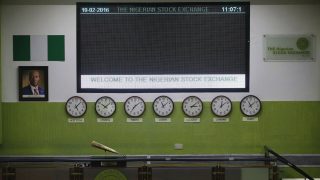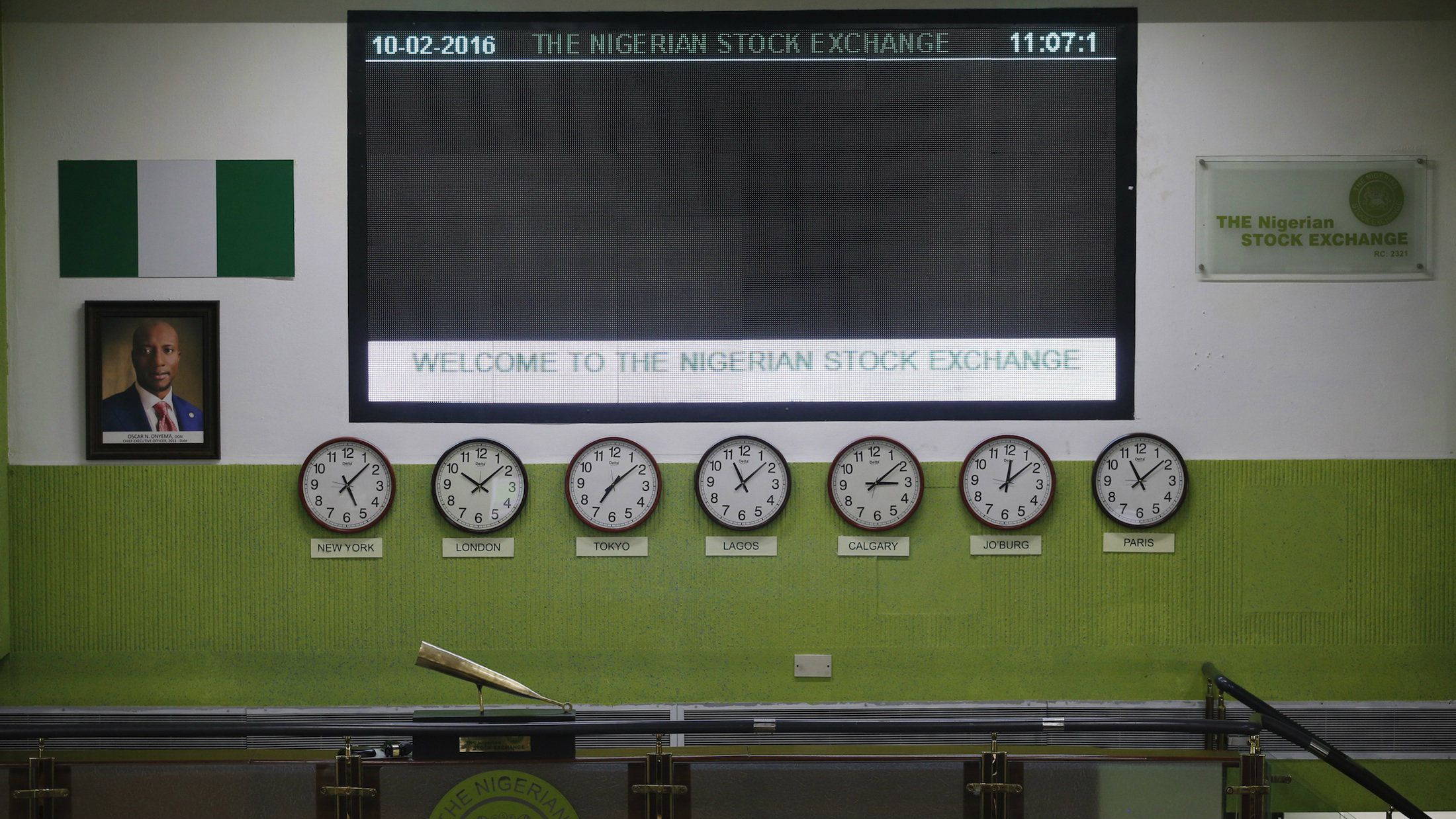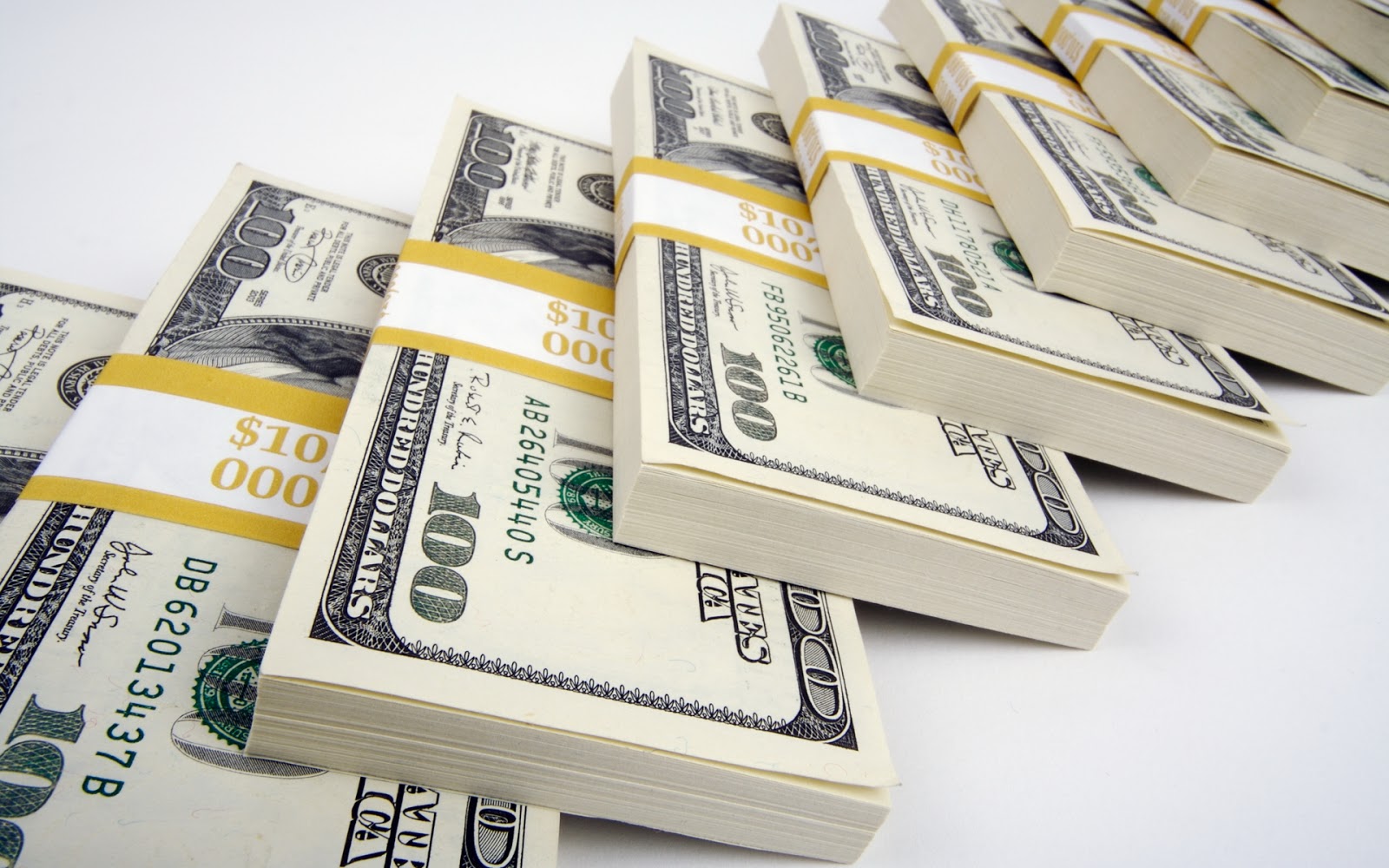When the global oil price crashed in 2014, Nigeria was one of the hardest-hit economies due to its over-dependence on oil as a revenue source. Nigeria’s economy was also affected by China’s economic slowdown, as well as the United States’ rate hike. In order to save the economy from a total collapse, the Central Bank of Nigeria (CBN) put stringent monetary policies in place, which saw investors pulling out of the country.
However, the economic condition of Nigeria has taken a new twist as the country has seen a tremendous growth in its economy. The country is out of recession, the inflation rate has dropped further and Investors confidence in the country has improved. This has led to an increase in the country’s forex reserve, which in turn has helped stabilize the Naira.
Below is the Ventures Africa Weekly Economic Index, for the week ending 19th of January 2018. This economic index gives you a glimpse into the recent activities in Nigeria’s economy as well as changes that could affect the economy:
How did the Nigerian Stock Market perform?
According to the recent data released by the Nigerian Stock Exchange (NSE), as of 19th January 2018, the all share index decreased by 5.11 percent from the previous week ending 12th January 2018. Market capitalization at the close of trading during the week under review was N16.154trillion, which is a 5.11 percent increase from N15.368 trillion recorded the previous week. The All Share Index for the week under review closed at 45,092.83.
Top five price Gainers and Decliners in the week under review:
Top five price gainers
- Skye Bank Plc
- Unity Bank Plc
- Wema Bank Plc.
- Diamond Bank Plc
- Caverton Offshore Support Grp Plc
Top five price decliners
- Nascon Allied Industries Plc
- G. Leventis Nigeria Plc.
- Vitafoam Nig Plc.
- Linkage Assurance Plc
- Honeywell Flour Mill Plc
How high is Nigeria’s foreign reserve?
Data from the website of the Central Bank of Nigeria reveals that as of 18th of January 2018, Nigeria’s external reserve increased by $448,610,931 to $39,924,699,943 from $ 39,476,089,012 recorded on 11th of January 2018.
On Tuesday, the Chief Executive Officer of the NSE, Oscar Onyeama attributed its equity rally to the outstanding performance of the market in 2017. He argued that about 12 percent growth recorded by the market so far in 2018 was due to the emergence of the Nigerian bourse as the third best performing market in the world in 2017. He further stated that the news made more investors embrace the nation’s bourse and it also boosted the confidence of players in the market.
How did the Naira fare?
During the week under review, the Naira depreciated against the dollar in the parallel market. It was sold at N365/$ on Friday ending 19th of January 2018 from an average of N363/$ recorded in 12th of January 2018.
How did the price of oil fare?
According to the OPEC weekly basket price, the price of crude oil decreased from $67.78 per barrel to $66.48 per barrel between 12th of January 2018 and 19th of January 2018.
Last week, prices of oil slipped when the International Energy Agency (IEA) warned of a jump in US production.












